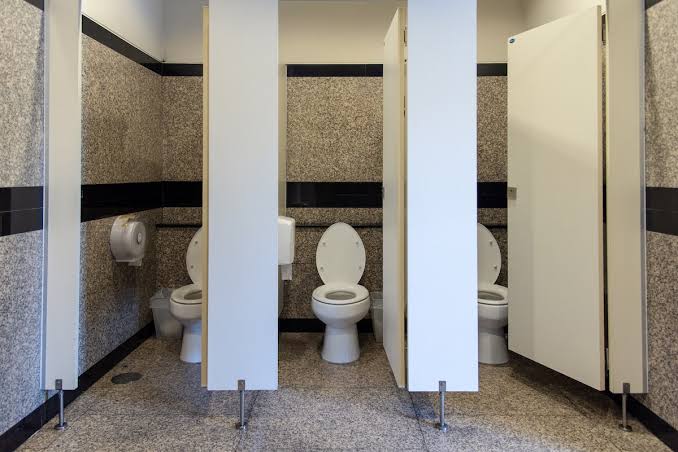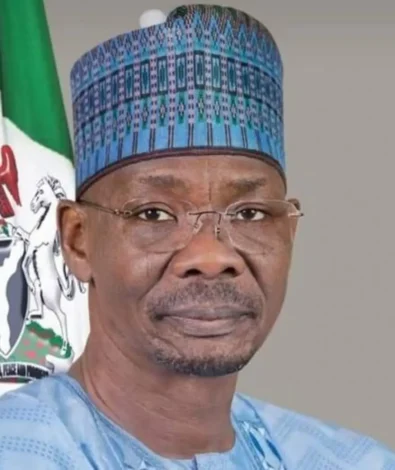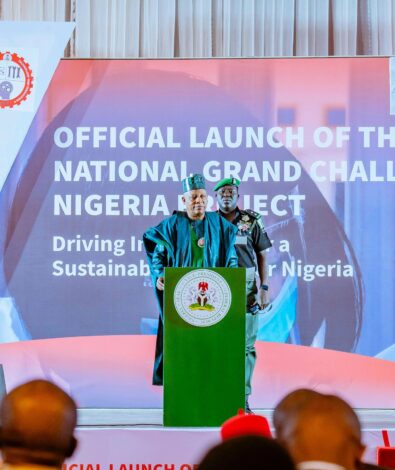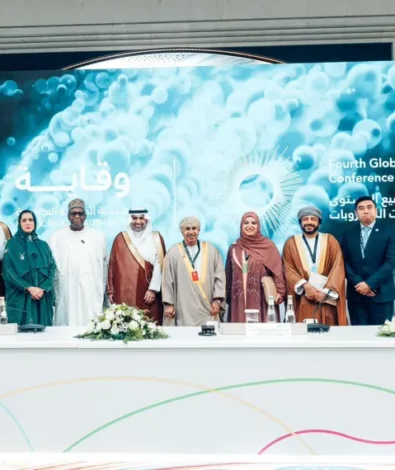Nigeria needs 11.6m toilets to end open defecation by 2030 – Minister

Nigeria needs an additional 11.6 million toilets to achieve its 2030 target of becoming Open Defecation Free (ODF), according to the Minister of Water Resources and Sanitation, Prof. Joseph Utsev.
Utsev, revealed on Friday that the Federal Government will unveil the Clean Nigeria Campaign Strategic Plan next Tuesday, aiming to accelerate progress towards the nationwide 2030 Open Defecation-Free target.
Speaking at a press briefing in Abuja ahead of the strategic plan’s launch and the commemoration of the 2024 World Toilet Day, themed “Toilets: A Place for Peace,” he noted that achieving ODF status involved more than building toilets.
He said that while huge progress had been made, ensuring access to and proper use of these facilities remained a crucial challenge.
“About 11.58 million toilets have been built so far as an intervention for Nigeria to achieve ODF and efforts are still ongoing to provide more sanitation facilities,” Utsev disclosed.
He explained that the challenge is not only the number of toilets available but also raising awareness and encouraging their consistent use.
“This is why we are elevating the campaign to a higher level. The Vice President will lead the relaunch of our strategy in a more impactful way,” he said.
Funding and partnerships
Utsev acknowledged funding challenges, stating that while the initiative required an annual budget of N10 billion, only N5 billion had been released so far.
Despite the shortfall, development partners like UNICEF have made significant contributions by providing toilet facilities, training, and awareness campaigns.
“Our partners do not provide funds directly but support through the supply of toilets and training programmes, their efforts have been invaluable in driving this campaign forward,” he said.
The minister also thanked President Bola Tinubu for his commitment to achieving ODF status in Nigeria.
Progress and remaining challenges
He said since the launch of the campaign in 2019, 135 local government areas and over 30,000 communities had achieved ODF status, with more areas undergoing verification.
According to him, despite these achievements, the road to universal sanitation remains long, especially in underserved and vulnerable communities.
“Ending open defecation is about more than toilets, it’s about improving health, boosting productivity, and enhancing the dignity and safety of our citizens,” the minister emphasized.
Utsev called on the media, private sector, and local communities to join the effort to raise awareness and ensure behavioral change at all levels.
He, however, urged renewed and collective action to achieve a cleaner and healthier Nigeria.
“The campaign remains a critical component of Nigeria’s efforts to improve sanitation and public health, with the 2025 ODF target in sight but requiring sustained momentum to achieve,” he said.
On strategic advocacy efforts, the minister said the ‘Clean Nigeria: Use the Toilet Campaign’ strategy will be relaunched on Nov. 19, coinciding with the World Toilet Day.
“Vice President Kashim Shettima will lead the event, which aims to strengthen collaboration among state governors, community leaders, civil society organizations, and development partners.
“We are calling on governors, community leaders, and partners to actively participate in this campaign,” he said.
What you should know
- The theme for the 2024 WTD highlights toilets as a place of peace, protection, and progress, essential for public and environmental health.
- WTD is celebrated annually on November 19 to inspire action to tackle the global sanitation crisis and help achieve SDG 6, which promises sanitation for all by 2030.
- The activities highlighted for this year’s celebration include the launch of the Clean Nigeria Campaign Strategic Plan by Vice President, Kashim Shettima on November 19, 2024, at the State House in Abuja, a commemoration event by the Federal Ministry of Environment in collaboration with the Kano State Government on November 19, 2024.



